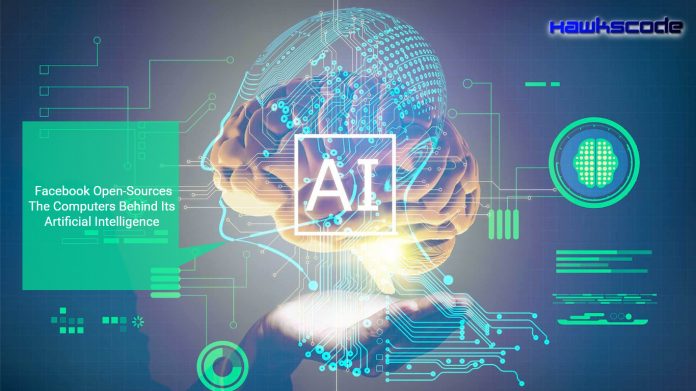New Delhi, 22 November: The National Education Policy (NEP) 2020 has set the stage for integrating Artificial Intelligence (AI) into school curricula, heralding a new era in education. The move aims to leverage AI Revolution as a powerful tool to enhance education efficiency and personalization and streamline administrative tasks, fostering collaboration between machines and teachers for optimal student outcomes.
In conversation with the media, Mark Nelson, Head of Technology at Shiv Nadar School, expressed. “The school has been offering formal AI education for over five years. Aiming to empower our students with a comprehensive understanding of the broader AI landscape. We not only teach our students to consume these technologies but also foster an environment. That encourages them to appreciate the underlying principles and build projects of their own.”
He emphasized the significant challenges in AI implementation. Citing Data Privacy and Security as a foremost concern, particularly in safeguarding student data. He highlighted, “Protecting student data is a priority, and while the regulations and compliance are keeping up. The schools have a deep responsibility to examine data privacy and security with new-age solutions. That are constantly evolving every day. We currently try to reduce our risks through a mix of our own experiences and judgments and collaboration with experts in multiple forums where like-minded people support each other by way of these decisions and challenges.”
Adding to this, Dr. Skand Bali, Principal of Hyderabad Public School (HPS). Highlighted the transformative impact of technology on education at HPS. He shared, “HPS is now ready to embrace AI in the classroom. With teachers already benefiting from technology in various ways, it provides a wide range of advantages. Technology has been contributing enormously to transforming the way education is imparted to students in HPS. Children at HPS are taught the basics of AI as part of Digital Literacy.
It will enable them to appreciate the power of AI and help them build skills in understanding as the right foundations develop over time. HPS has already laid the foundation stone for one of its most notable initiatives — the Innovation Centre. We want to make learning artificial intelligence great fun so that children can enjoy it, and they can evolve and learn and take HPS forward.”
Dr. Bali also emphasized the importance of ethical considerations in AI education, stating, “AI is already part of children’s lives. Developers are embedding it as chatbots, digital assistants, personal assistants, and search engines into software and apps already used by children. It is important that children understand the ethical considerations involved and the potential risks associated with its use. We take time to find out what tools they use or are interested in and explore them together as a group. These ethical guidelines will empower students to use these tools independently in safe and responsible ways.”
Also Read: Routine Yearly Eye Exams Key to Preventing Diabetic Retinopathy
As schools gear up to prepare the next generation for a future intertwined with AI. These initiatives strive to equip students with the knowledge and skills required. To successfully navigate the dynamic landscape of artificial intelligence. In embracing AI, schools are not merely adopting a technology; they are cultivating a culture of innovation and ethical responsibility. Ensuring that students are not just consumers but creators in the digital age. The journey toward an AI-integrated educational future poses challenges, but through collaborative efforts and a commitment to excellence, educators are shaping a future where students thrive in an AI-driven world.
This year educate yourself and develop your career with EdTech Platform EasyShiksha


































































